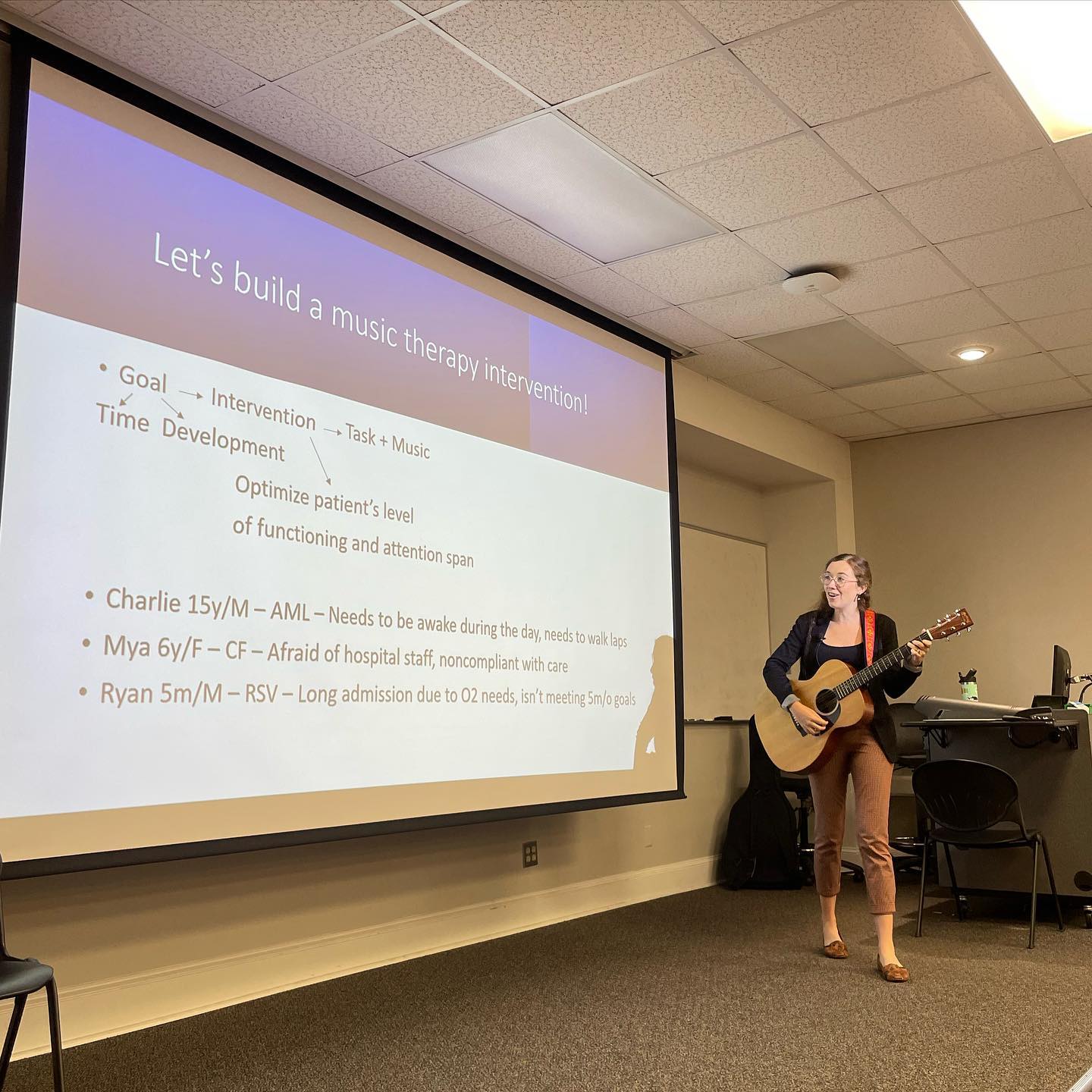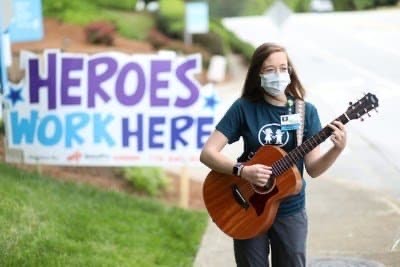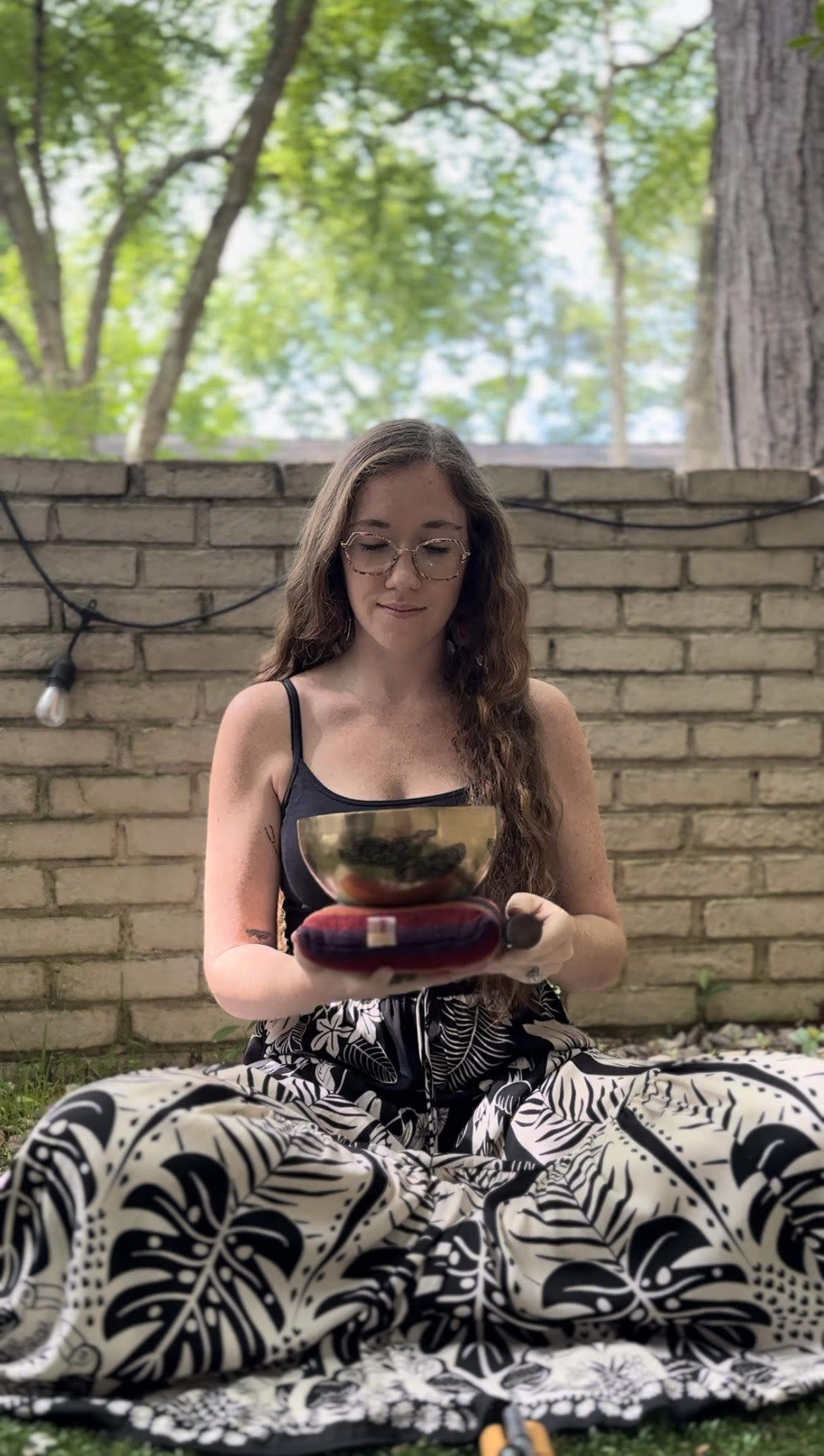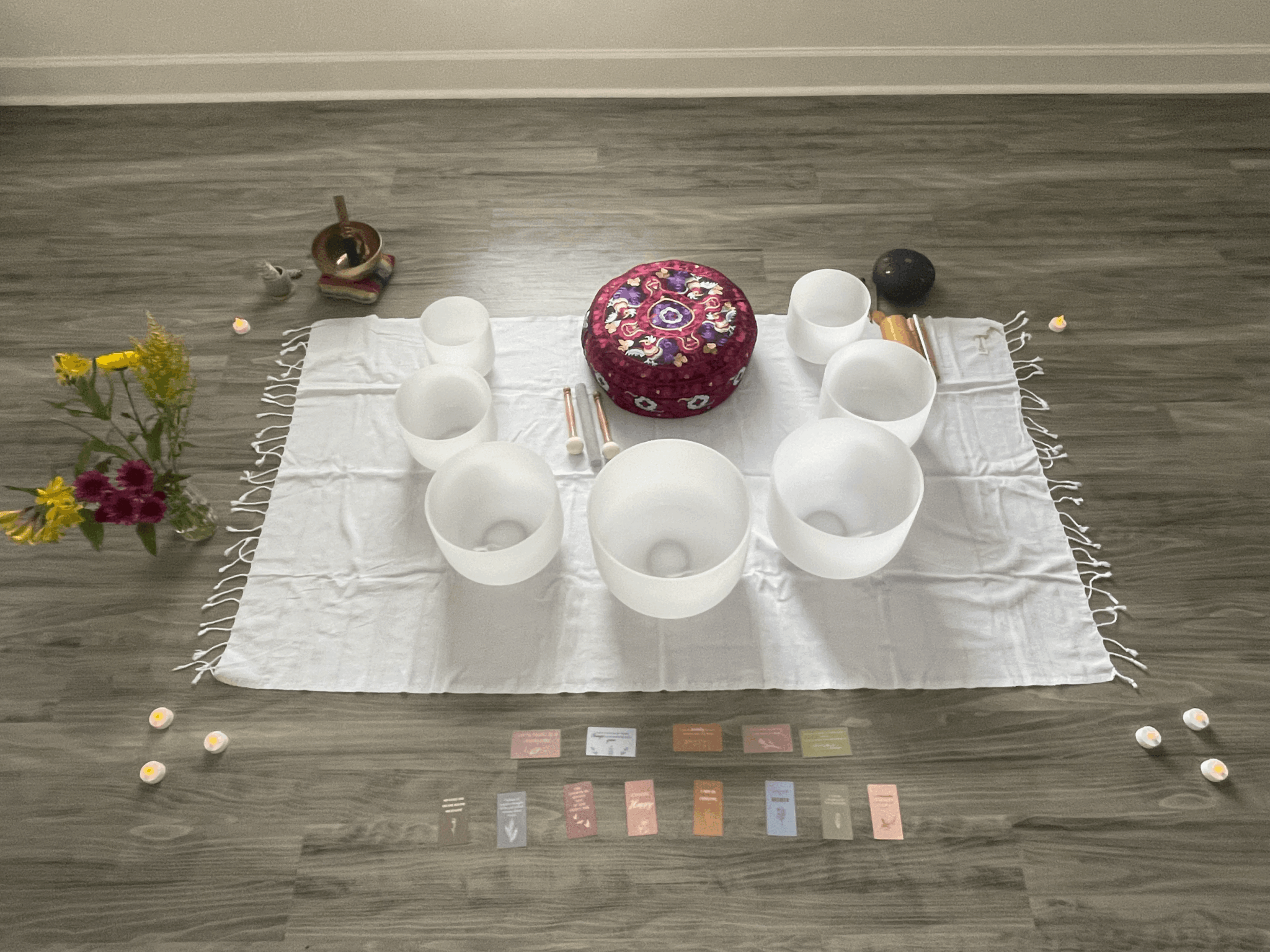We recently connected with Sarah Woolson and have shared our conversation below.
Sarah , thanks for taking the time to share your stories with us today Is there a heartwarming story from your career that you look back on?
I’m grateful for this question because, as I sit with it, I have so many meaningful moments to choose from. I started my career as a music therapist working in pediatric hospitals and, during my second year, I started seeing patients coming to the emergency department for stabilization (often meaning they needed placement at an inpatient psychiatric facility). These young people are what made me both fall in love with and be passionately set on fire for mental health. I began spending hours with teenagers following significant mental health crises, and the honest creativity that poured from them truly cannot be captured in words. Hence what I often say to clients, share it through music. I have memories of a teenager rapping in an ER holding room about his own fear of his anger, the kid who was so dysregulated after a traumatic event that the only thing that could calm him down was feeling the vibrations of my guitar, or the young woman who could only acknowledge her body dysmorphia through songwriting. Another moment that really sticks with me that I think is worth sharing is the girl who, after spending hours sharing her favorite music and composing her own song, thanked me for not asking her about what was wrong with her, but instead allowed her to be herself for a moment. I think that really captures the power of music in mental health.
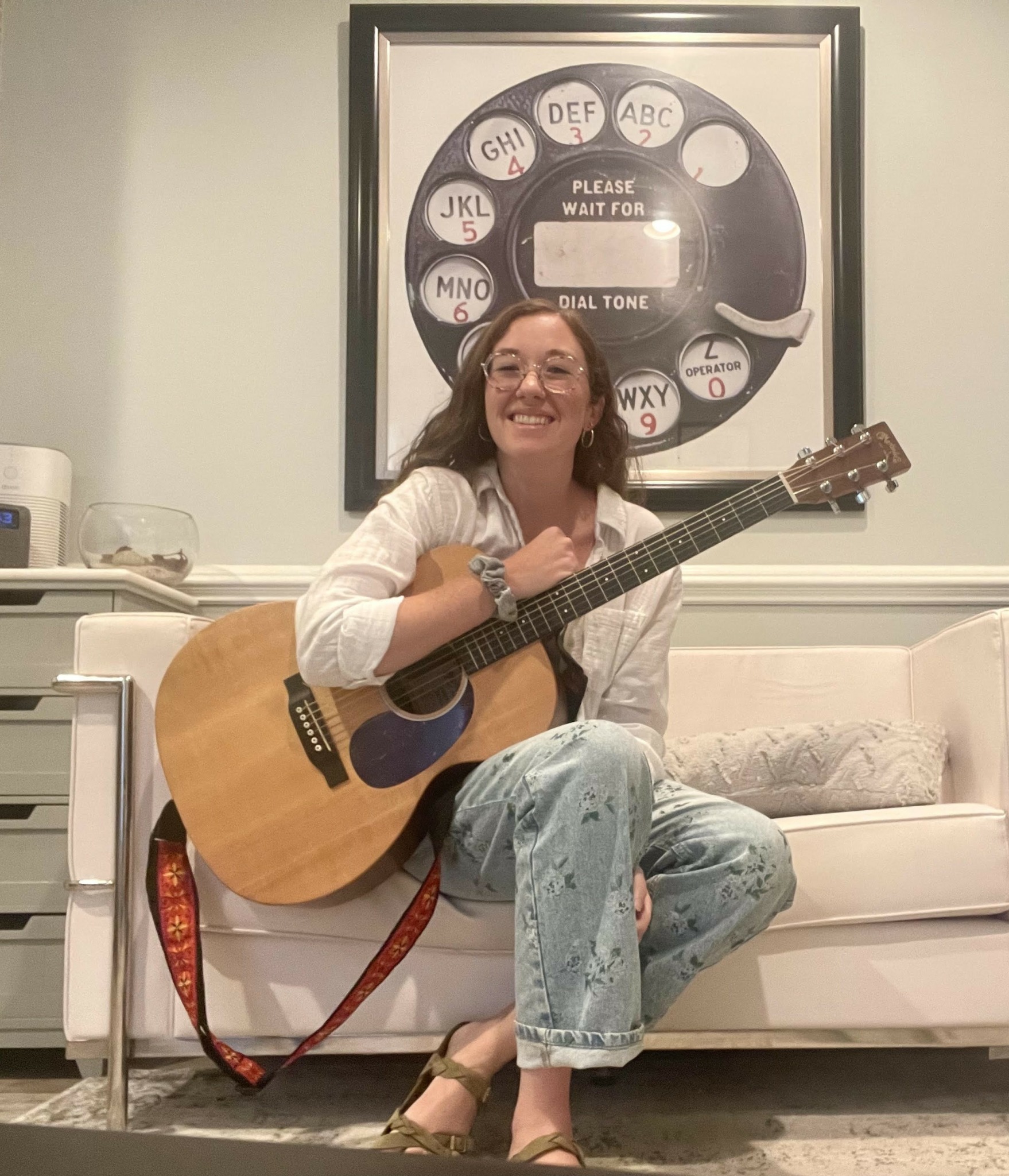
Great, appreciate you sharing that with us. Before we ask you to share more of your insights, can you take a moment to introduce yourself and how you got to where you are today to our readers.
I am a music therapist, mental health counselor, and therapeutic sound practitioner (and a musician!). I have a B.M. in Music Therapy and a M.S. in Clinical Mental Health Counseling, including specialized training, and licenses/certifications for each. I spent the first five years of my career working in pediatric hospitals (primarily in intensive care units) as a music therapist, supporting children and their families through hospitalizations. Sometimes this looked like distracting a child with music during a medical procedure, teaching a patient to play an instrument to help meet their physical therapy goals, or guiding a teen through songwriting to help them process a diagnosis. Other times, this looked like playing calming music to help a critically ill child find comfort, or providing music-based memories to families when their child reaches end of life. I have gratitude for every moment I spent serving people in this role (even the really hard ones).
During my time in the medical world, I implemented and published an evidence-based practice project demonstrating the impact of music therapy for pediatric patients awaiting mental health stabilization in a medical facility. This project highlighted the need for improved therapeutic support for pediatric patients during the time they are awaiting medical stabilization before transitioning to a facility that specializes in psychiatric care. It came to no surprise to me that music therapy is an ideal option for kids and teens during this period.
Now I work as both a music therapist and mental health counselor in a variety of settings, and really my goal is to bring music and music therapy into mental health treatment not just for kids in the hospital, but for everyone. I spend some of my week seeing individual clients of all ages, and music plays a part in my work with all of them. I facilitate music therapy groups for kids and adults in mental health treatment, as well as for professionals, like nurses and other therapists. As a therapeutic sound practitioner, I facilitate sound baths in clinical settings and within my community. My mission is to continue to spread the word about the power of music for healing. I am working to grow a community (both here in Atlanta, GA, but also as far as we can grow) of people who want to connect and share their stories through music.
People often ask me “so, what does this look like?” when I share with them about what I do. Nearly every person can find connection in music, especially when we look at things like our emotions and values, music often does an excellent job of capturing and conveying those things. Whether it’s processing trauma or grief, finding a way out of a depressive episode, or affirming meaning in your life, music can help you do so, sometimes in a manner that words alone cannot. I’m proud to be a music therapist in mental health and I’m grateful to you all for the chance to reach even just one more person and share with them about the impact music can have in their life.

What’s a lesson you had to unlearn and what’s the backstory?
Interestingly enough, in both my undergraduate and graduate training I have been taught and have needed to unlearn essentially the same lesson. On a few occasions in my time as a student, I’ve been given guidance that essentially can be summed up as “don’t care too much.” This comes from a place of wanting therapists and other clinicians to not become burned out or unwell themselves as a result of carrying the emotional pain of the people they work with. Though well intentioned, I have had moments in my career when I took this a little too seriously. Early in my career I somehow convinced myself from this lesson that I could not under any circumstances shed a tear on behalf of someone I worked with, or that would mean I had become too emotionally attached. Now here’s the thing, I totally broke that promise, and I now recognize it was not a healthy standard to have set in the first place. It’s healthy to feel, in fact, it makes us more human to the people we’re walking alongside of. Though setting and maintaining healthy emotional boundaries in my work will likely be a career-long practice, I’m grateful to have found a new perspective, and to know that turning off my humanness is not a requirement to be a good therapist.
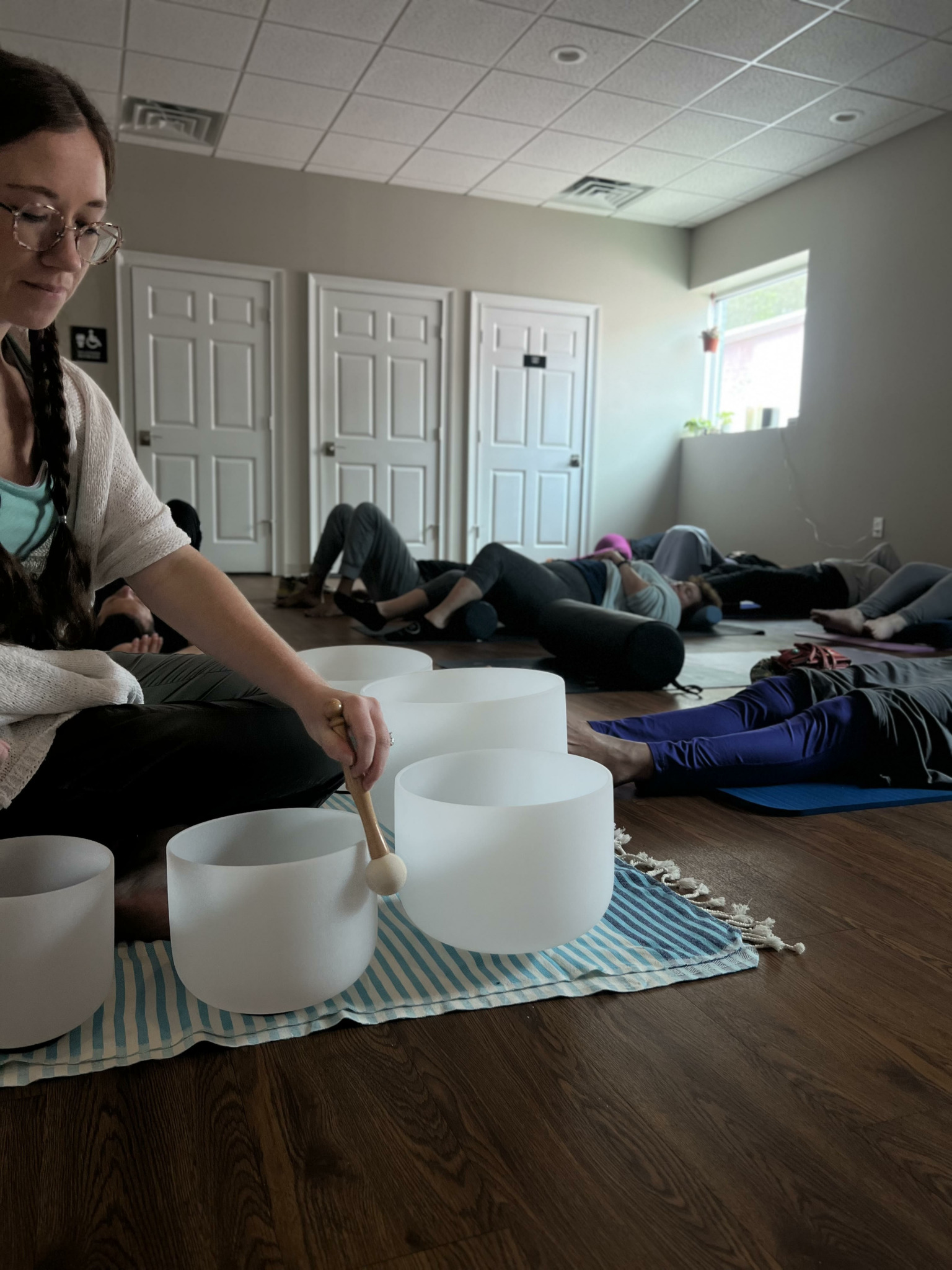
Can you share a story from your journey that illustrates your resilience?
As you might expect, there were really hard days working in a pediatric intensive care unit. There are really beautiful, inspiring days as well, but some that are just as strong in the opposite way, more like heart-wrenching. As the ICU music therapist, when a patient was at end of life, I would offer their family a recording of their heartbeat. The heartbeat can be seen as our own internal musical rhythm that lasts throughout our lifetime, and by recording it, can serve as a meaningful way for that person to live on in the memories of their loved ones. A regular part of my days in the hospital included meeting these children and their families, recording the child’s heartbeat, and pairing the heartbeat with a song that was meaningful to the family, that way the child’s own instrument was a part of the song they shared. Sharing moments like this, including sharing music with patients and their families during some of their last moments, these are some of the most powerful experiences I have ever been a part of, and they have shaped who I am.
Now my resilience muscle looks a little different, but is still just as important as it was before. Similar to the hospital, in my work with clients there are some really beautiful, inspiring days, and there are some really dark, challenging days. It is an honor to sit with people in some of their hardest moments, and understandably so, it affects you. This is not necessarily a toot-my-own-resilience-horn kind of statement, but more an emphasis of how important finding avenues to maintain your resilience is. The thing is, I don’t want to ever reach a point where I feel that I can’t continue the work that I’m doing, and so I see it as my responsibility to keep my resilience as a priority.
Contact Info:
- Instagram: @woolson_wellness
- Facebook: https://www.facebook.com/sarahwoolsonmt/
- Other: Psychology Today – Sarah Woolson
